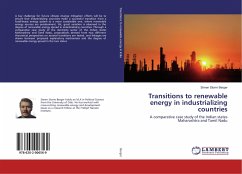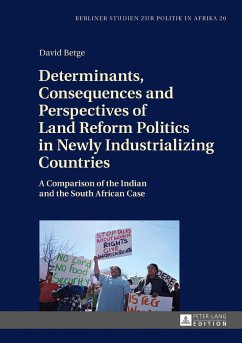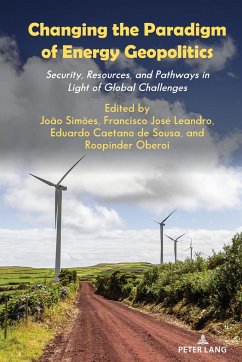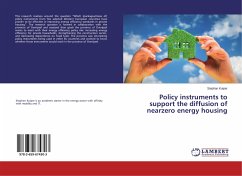
Transitions to renewable energy in industrializing countries
A comparative case study of the Indian states Maharashtra and Tamil Nadu
Versandkostenfrei!
Versandfertig in 6-10 Tagen
37,99 €
inkl. MwSt.

PAYBACK Punkte
19 °P sammeln!
A key challenge for future climate change mitigation efforts will be to ensure that industrializing countries make a successful transition from a fossil-heavy energy system to a more sustainable one, where renewable energy sources are predominant. Yet, great variation is observed in the degree of renewable energy spread in industrializing countries. Through a comparative case study of the electricity sector of the Indian states Maharashtra and Tamil Nadu, propositions derived from two different theoretical perspectives on societal transitions are tested, and linkages are drawn between proposed...
A key challenge for future climate change mitigation efforts will be to ensure that industrializing countries make a successful transition from a fossil-heavy energy system to a more sustainable one, where renewable energy sources are predominant. Yet, great variation is observed in the degree of renewable energy spread in industrializing countries. Through a comparative case study of the electricity sector of the Indian states Maharashtra and Tamil Nadu, propositions derived from two different theoretical perspectives on societal transitions are tested, and linkages are drawn between proposed explanatory mechanisms and the degree of renewable energy spread in the two states.












